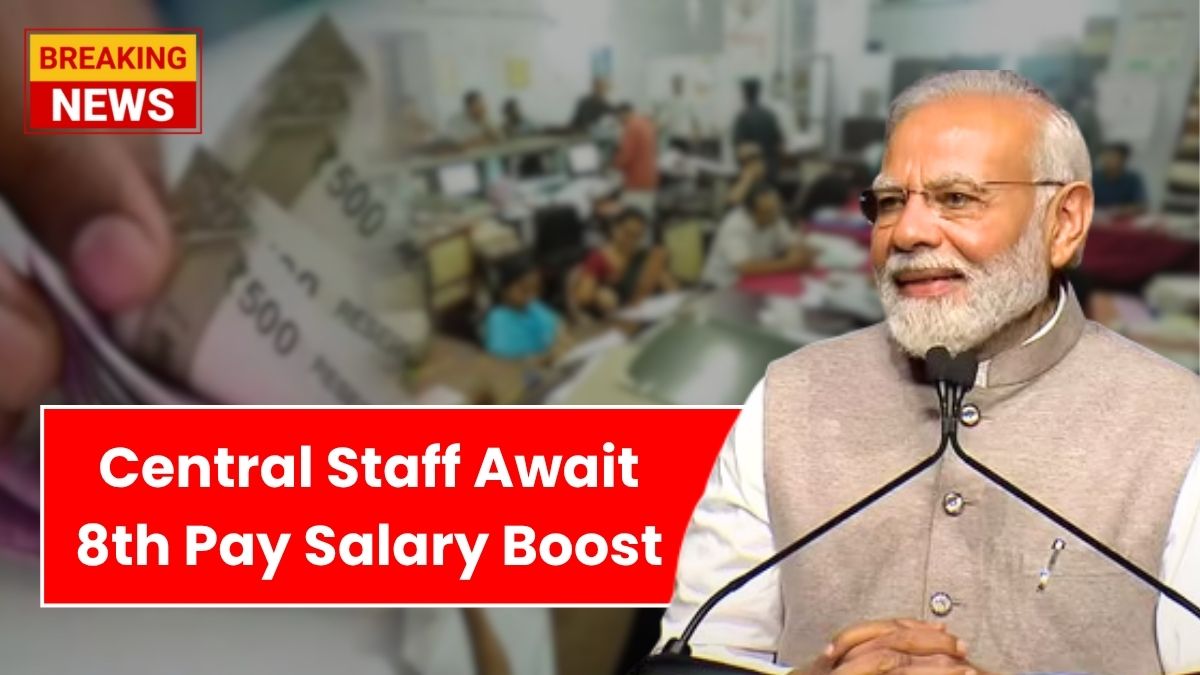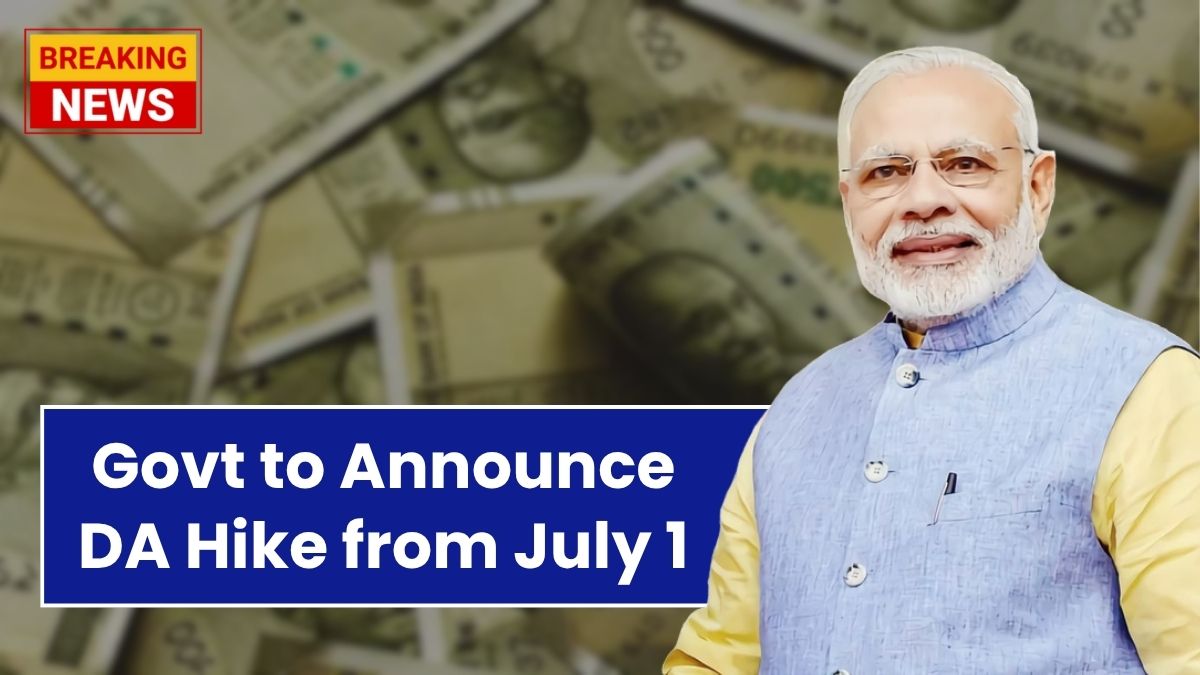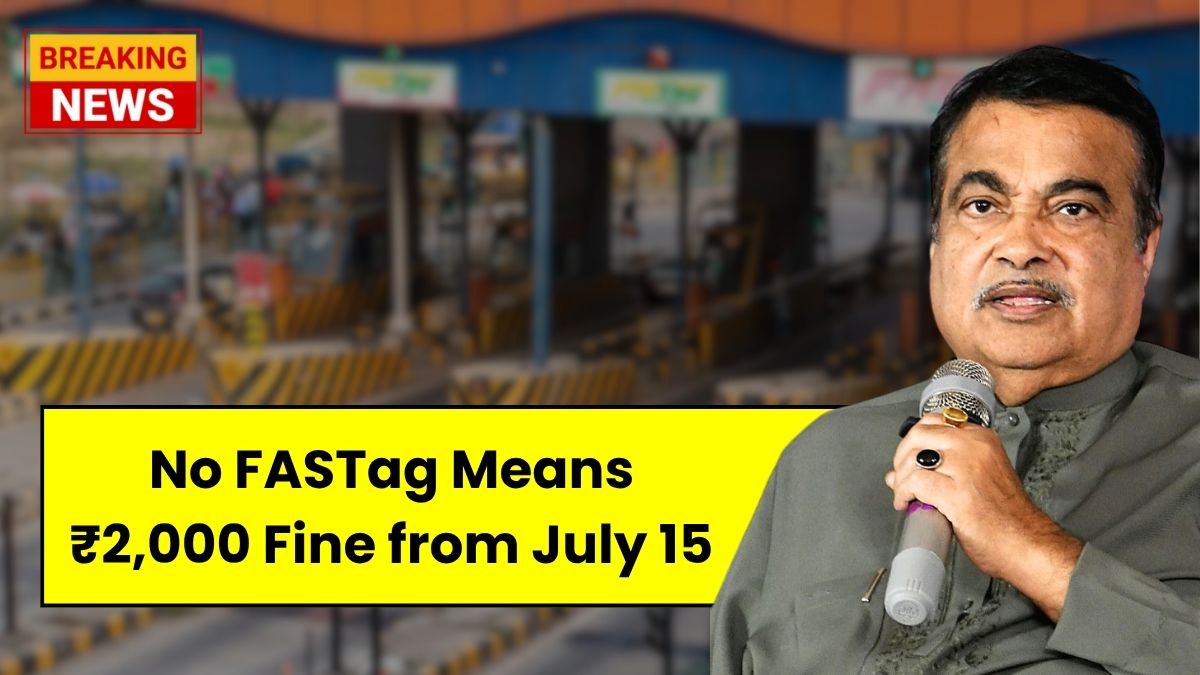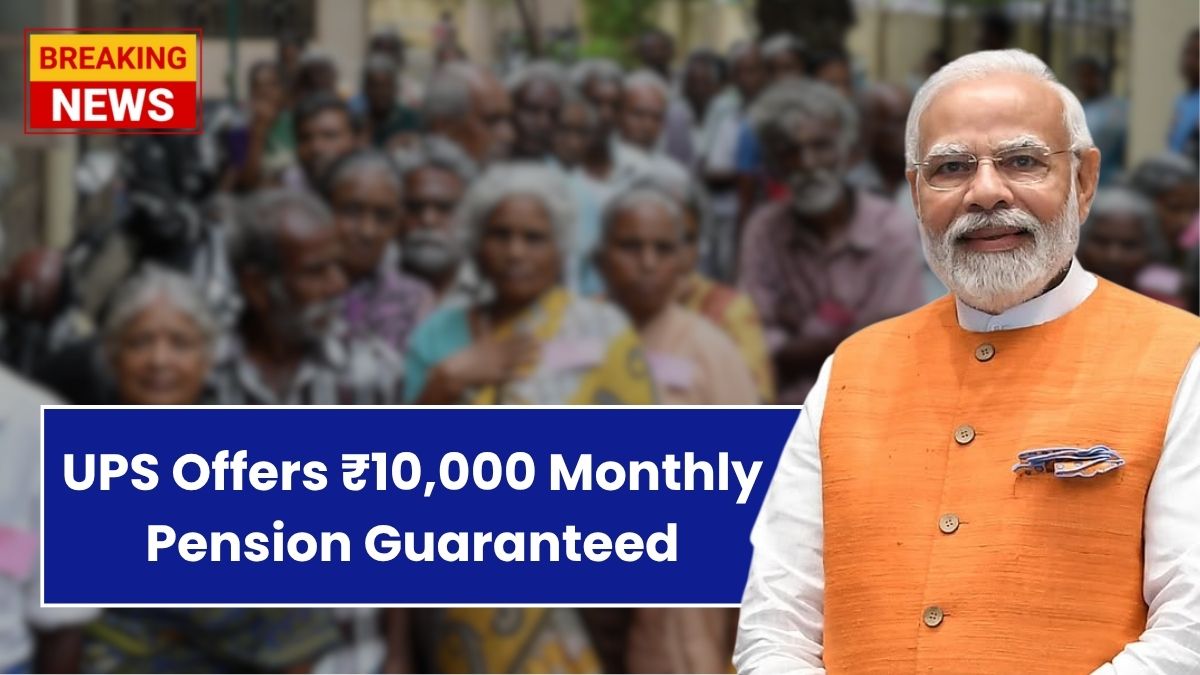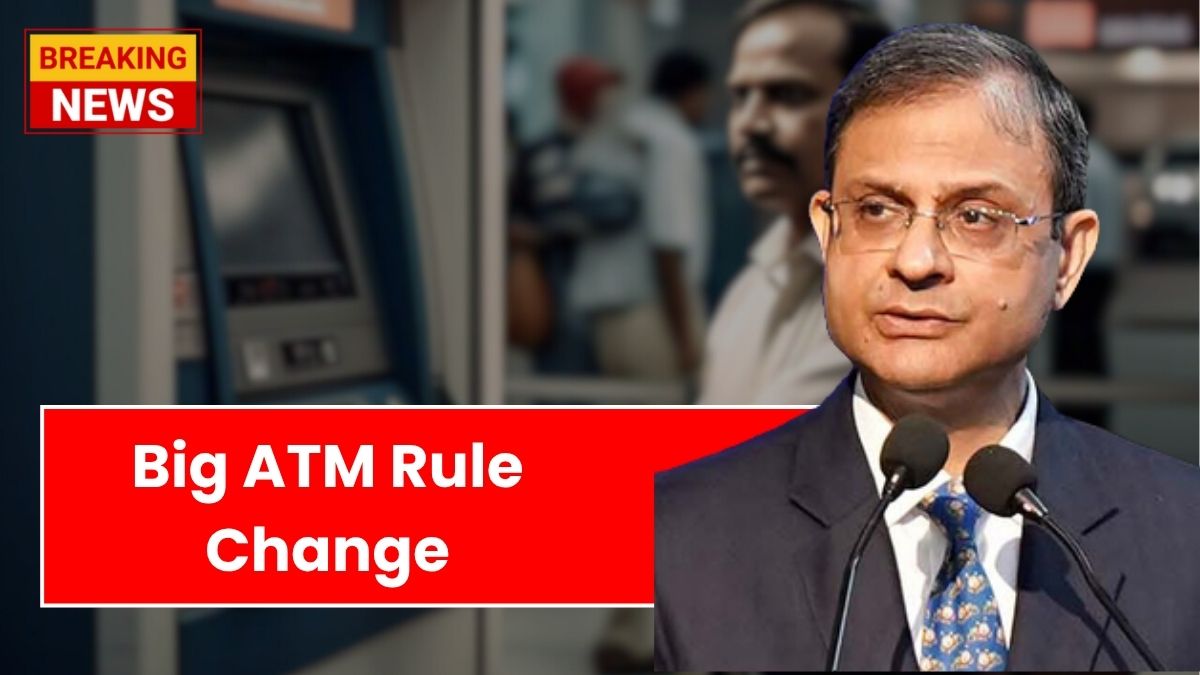8th Pay Commission – There’s a buzz in the air among lakhs of central government employees and pensioners across India — all eyes are on the much-anticipated 8th Pay Commission. As we hit mid-2025, speculation is at an all-time high, with discussions heating up about when it will be formed, what kind of hike can be expected, and how it will affect take-home salaries and pensions. While there’s no official word yet from the Centre, here’s everything we know so far — and what it could mean for government employees.
Will the 8th Pay Commission Be Implemented in 2025?
Right now, the Central Government has not made any official announcement about setting up the 8th Pay Commission. However, employee unions are getting increasingly vocal with their demands, especially with rising inflation and cost of living pressures. This has made the formation of a new pay commission seem almost inevitable. If the government does move ahead with it sometime in late 2025, we could expect the report and its recommendations to come out by mid to late 2026. Historically, these kinds of commissions take 18 to 24 months to finalize their proposals, which means actual implementation might happen in early 2027, possibly aligning with the run-up to the next general elections.
Expected Salary Hike and Fitment Factor
One of the biggest talking points is the expected jump in salaries. The current basic salary as per the 7th Pay Commission starts at ₹18,000, but if the 8th Pay Commission goes ahead with a revised fitment factor — likely to be between 3.00 to 3.5 — the starting salary could go up to ₹26,000 or even more. This would be a massive bump and could translate into a 30 to 40 percent hike in take-home pay. This expectation is based on past trends where the 6th and 7th Pay Commissions brought in significant increases. So if history is anything to go by, the 8th CPC might bring one of the most generous pay revisions yet.
Latest Updates on DA and Pension Revisions
While the new pay commission is still pending, central government employees are continuing to receive Dearness Allowance (DA) hikes to help with inflation. As of June 2025, the DA rate stands at 50%, and it is likely to increase again in July following the release of fresh AICPI data. For pensioners, this DA increase brings additional relief, even as they too wait for the pay commission’s rollout. Once the 8th Pay Commission is implemented, pensioners are also expected to receive a revised structure which could significantly boost their monthly pension.
Key Demands from Employee Unions
Employee unions aren’t just pushing for a higher salary. One of their major demands is the restoration of the Old Pension Scheme (OPS), which they argue offers better post-retirement security. They’re also asking for higher HRA (House Rent Allowance), better travel and medical reimbursements, and a restructuring of tax slabs to provide more relief for middle-income earners. These demands are gaining traction, especially in light of rising living costs in urban areas.
When Will the 8th Pay Commission Be Announced?
There’s still no official timeline, but experts believe that if the Centre announces the formation of the 8th Pay Commission sometime in late 2025, we can expect its recommendations to be submitted by 2026 and implemented in 2027. It’s worth noting that such an announcement could also have political implications — many believe that a pre-election pay revision might be used to boost goodwill among government employees, who form a sizeable chunk of the electorate.
What Should Employees Do Now?
For now, central government employees should keep a close eye on DA revisions — the next update is expected in July 2025. It’s also important to stay tuned to updates from employee federations and unions, who are actively negotiating with the government. Financial planning should be done with cautious optimism — while the hike is looking very likely, nothing is official just yet.
All signs point to a significant pay hike in the coming years for central government employees. If the 8th Pay Commission is formed and implemented as expected, it could result in one of the biggest salary revisions in recent history — potentially increasing salaries by up to 40%. Though there’s still some waiting to do, the hope is that the Centre will soon respond to the growing demands and offer clarity.
Disclaimer
The information provided in this article is based on media reports, historical patterns, and current trends. There is no official confirmation from the Government of India regarding the formation or implementation of the 8th Pay Commission as of now. Readers are advised to refer to official announcements for confirmed details.
